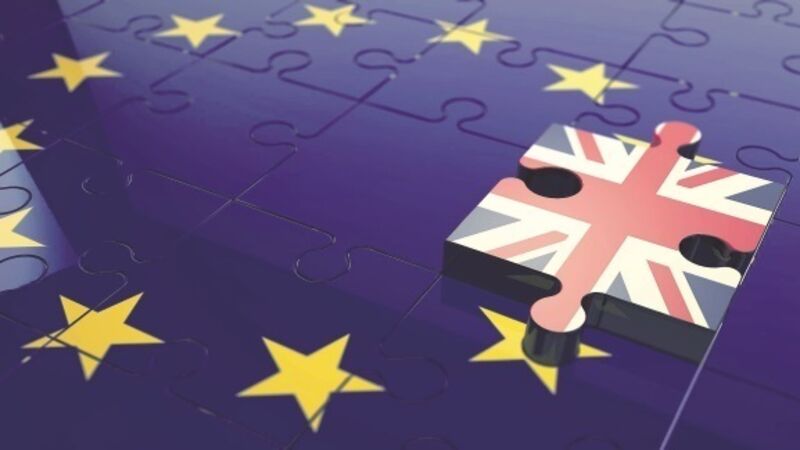We must accept deal may not be possible

Brexit has become more complicated, chaotic and disorderly. We can certainly add a disorderly Brexit to the long-used terms of hard Brexit and soft Brexit.
It was unclear before the UK referendum in 2016 whether Brexit would be of the hard or soft varieties.
















